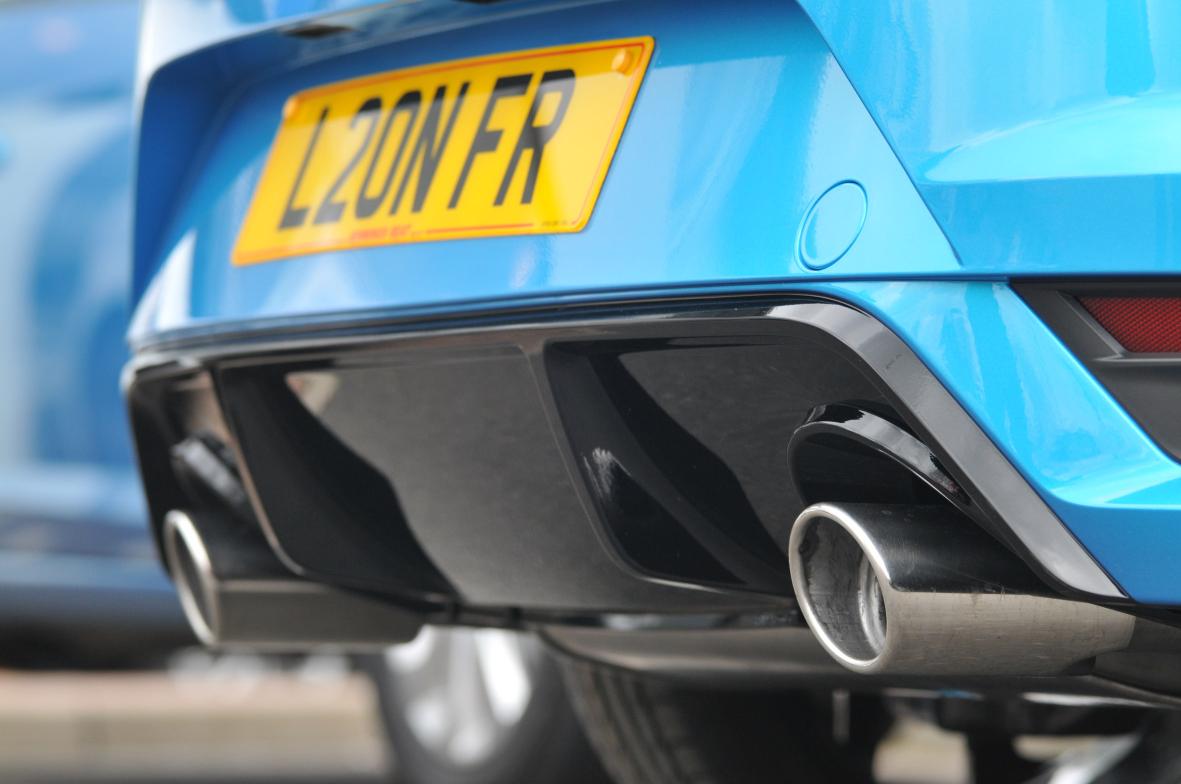 Some older vehicles struggle to meet stringent new emissions regulations…
Some older vehicles struggle to meet stringent new emissions regulations…
Robin Roberts tells all…
Tough new emission tests this year have doubled the failure rate for older cars, and vans have gone up over four times as much.
The DVSA reports that since May when the lower limits were set there have been 744,592 failed cars which have been fixed or scrapped compared to 350,472 in the same time last year.
This year, 238,971 diesel and 505,721 petrol models were recorded with this major fault and deeper analysis reveals the failure rate has actually jumped four times as much with diesels and almost doubled with petrol cars.
The rate of van bans has escalated almost 450% from 3,585 last year to 19,648 in 2018.
Gareth Llewellyn, Driver and Vehicle Standards Agency (DVSA) Chief Executive, said. “DVSA’s priority is to protect everyone from unsafe vehicles and drivers.
“We are committed to making a real difference to those in society whose lives and health are blighted by poor air quality.”
Overall test figures for 16 million vehicles tested since the tougher test came in last May shows the failure rate for petrol cars was 34.7%, diesels 33.2% and this is a very slight fall on last year.
Kim adds… If you own an older car or van – whether petrol or diesel powered – and are concerned about its emissions performance and compliance with the law/MoT regulations, it certainly doesn’t necessarily follow that the vehicle is only fit for the scrapyard, or that compliance will be expensive.
REGULAR MAINTENANCE PAYS
The first step in every case is to have the vehicle properly serviced in accordance with the manufacturer’s recommendations, including all filters, engine oil, etc, and ensuring that all fuel system settings are correctly set. If the engine is fuel-injected, having the injectors professionally checked and if necessary cleaned or renewed can make a huge difference too. Worn-out catalytic converters can be renewed to bring emissions down to the requisite levels (and in general, ‘cats’ are less expensive today than they used to be), and Diesel Particulate Filters (DPFs), where fitted, can be professionally cleaned/renewed to help ensure an MoT pass. For many motorists it will be cheaper to have work carried out as outlined above, than to change their vehicle.
It is also worth noting that a vehicle that is properly maintained on a frequent/regular basis will last far longer and perform better in terms of driveability and fuel consumption, as well as complying more easily with emissions regulations. It is often not appreciated too that for most vehicles it is beneficial to have the vehicle serviced (including engine oil and filter changes) at least twice as frequently as recommended by the manufacturer.
ANOTHER THING…
I have been contacted by a Wheels-Alive reader, Dave Herns, who advises that it is a good idea to give your vehicle a bit of a blast, i.e. a long, fast run (within speed limits of course) just before submitting it for the MoT test. Thanks Dave, that’s a very good point. This action helps to ‘blow away the cobwebs’ and it is also worth noting that in order to minimise emissions, the engine and its catalytic converter(s) need to be at optimum operating temperature (i.e. ‘as hot as possible, within reason’), or MoT failure can result. This can be especially relevant for older catalytic converters and/or ‘non-genuine’ units.